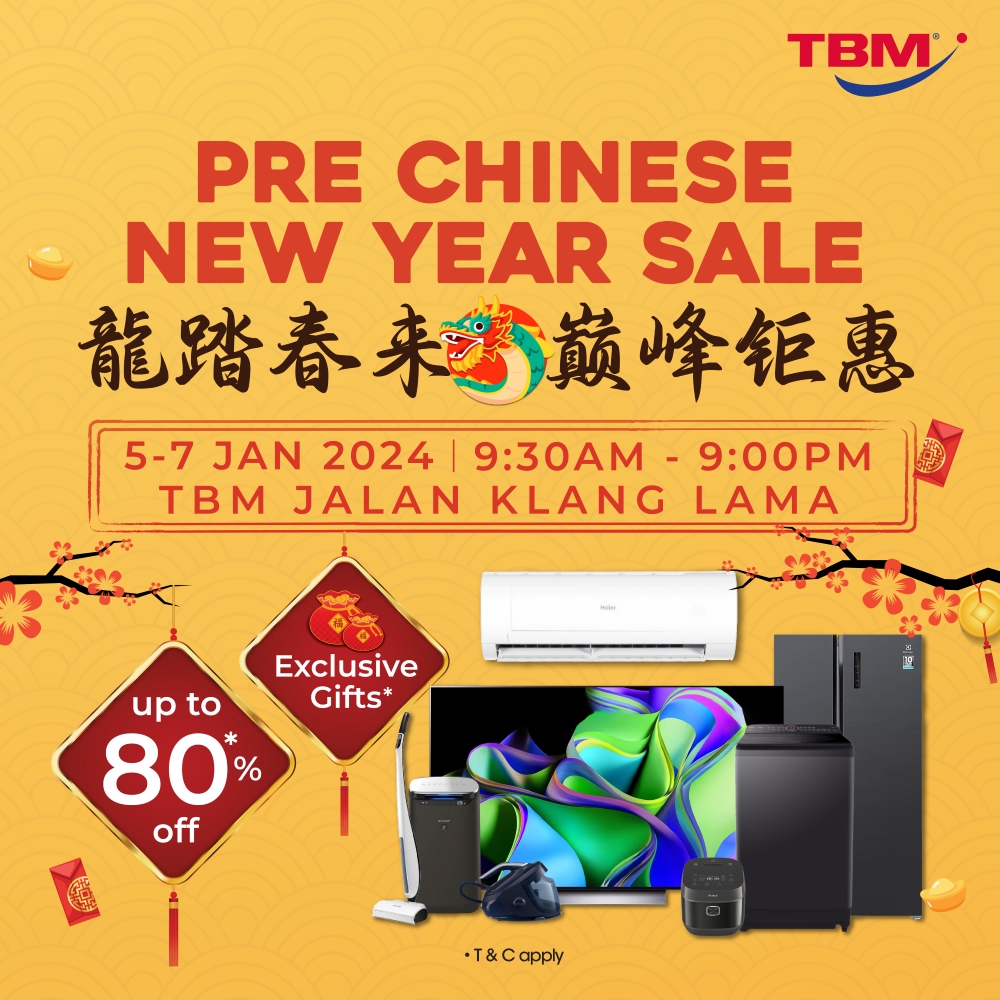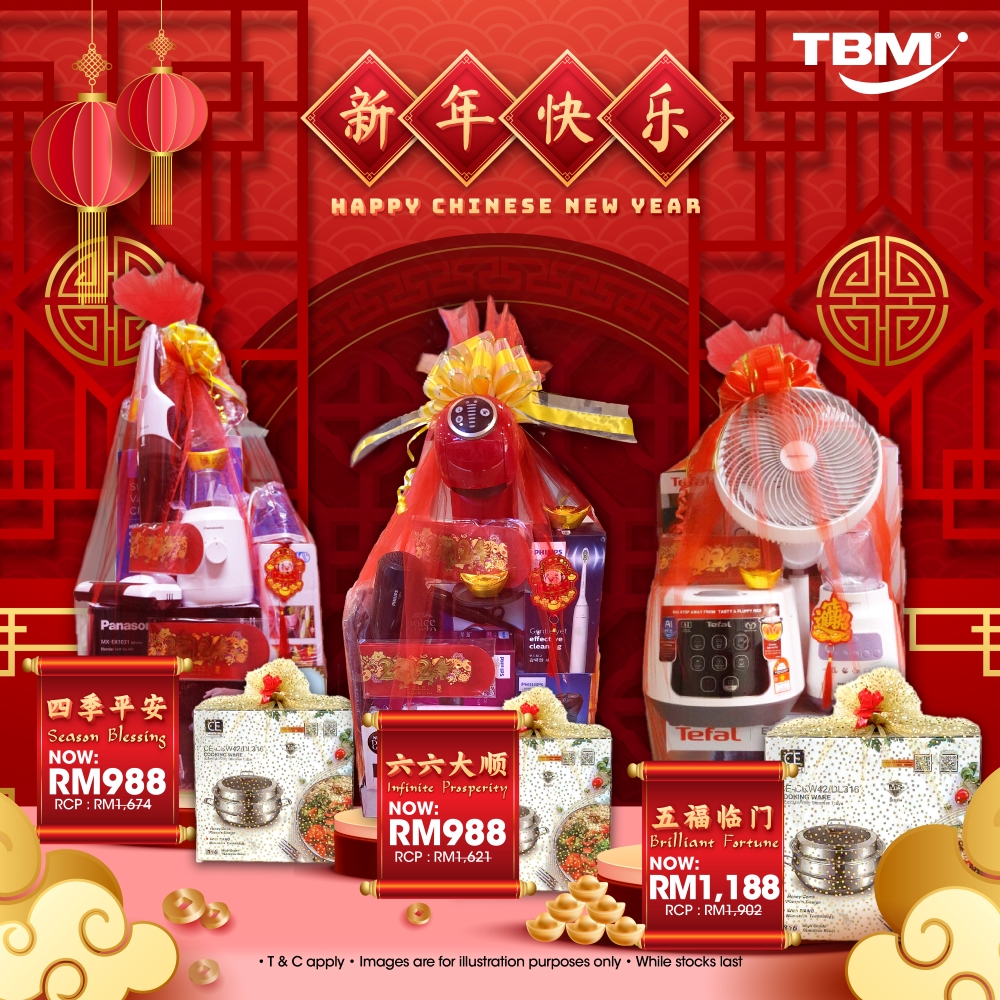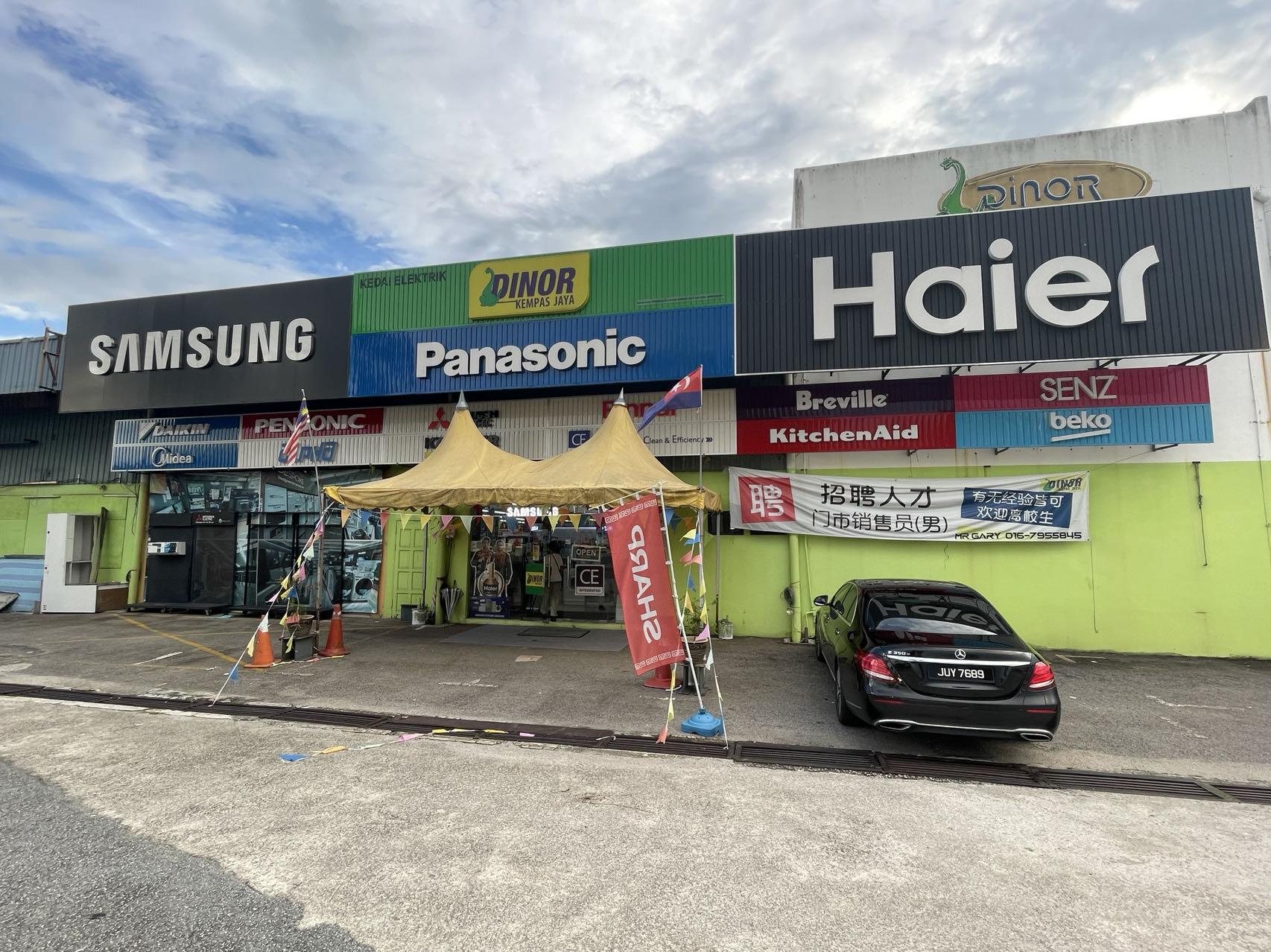Bamboo arrows in the southeast search for traces alone, and the kindness of adults is strong and the grass is diseased.
Huang Yijun, the third-generation home appliance owner of Malaysia Dongcheng Electrical Trading Co., Ltd. (hereinafter referred to as Dongcheng Electrical), faces the turbulent e-commerce in Malaysia, but rarely complains about the impact of e-commerce.
Complaining will not help. The rise from traditional retail to e-commerce is not so much a reshuffle of home appliance retail as it is the essence of business iteration.
Huang Yijun, 36, has a more mature side than his peers. Faced with the impact of e-commerce, he chose to take the initiative.
In 2012, Lazada, backed by Alibaba, officially launched operations in Malaysia. At that time, e-commerce was still a new thing in Malaysia. However, Huang Yijun is keenly aware that the future of e-commerce will definitely leverage the home appliance retail market. Therefore, when Lazada took the initiative to find Dongcheng Electric and asked Dongcheng Electric to become its supplier, the two parties hit it off immediately.
Huang Yijun seized the opportunity and used two-wheel drive to capture incremental users online, accelerate user experience offline, and empower high-net-worth individuals with smart homes.
This change has been very effective. Dongcheng Electric’s operating performance continues to be stable, and offline users have not been diverted by the rise of e-commerce.
It must be admitted that Dongcheng Electric’s strong heritage and business genes are the survival logic that enables Huang Yijun to make his own blood and blood transfusions.
Empowered by the times, the first and second generations seize opportunities!
Today’s Huang Yijun is incomplete when he recalls the history of Dongcheng Electric.
Regarding the prequel to Dongcheng Electric, his oral history is mostly narrated bit by bit by his grandfather Huang Dongcheng and his father Huang Shiying. In his memory, he always tries to restore the scene of starting a business back then.
Throughout the 1970s, the Malaysian economy was changing. The development model that used to be dominated by mining and agriculture has begun to transform into a variety of economic models.
Especially between 1976 and 1980, Malaysia discovered a large amount of oil and natural gas reserves in the South China Sea, which promoted the rapid development of Malaysia’s economy and marked the entry into a new era of development of light industry and heavy industry.
From the perspective of national economic performance, 1979 was a turning point for Malaysia. This year, driven by the light industry and electronics industry, Malaysia’s economy grew at an average annual rate of 5.2%, and the manufacturing industry grew at an annual rate of 8%. As a result, the Malaysian economy ranks among the most successful developing countries in the world.
Looking at individual economic income, Malaysia’s real per capita income grew at an annual rate of 7.7% from 1970 to 1980.
Looking at the home appliance market, Japanese electronic products began to pour into Malaysia in the 1970s. Toshiba, Panasonic, Sony, and Sharp were iconic products of the upper class at that time.
In particular, as people’s incomes gradually increase, new consumption intentions begin to emerge – refrigerators, color TVs, washing machines and air conditioners. Many people regard large-scale home appliances as necessary items in their family planning in the next few years.
Standing on the cusp of the times, Huang Dongcheng saw business opportunities, and Huang Shiying was even more motivated. In that time when business was not developed and many people were on the same starting line lacking capital, the ideas of people with more flexible minds and more foresight would always be exciting.
In fact, the success of their generation lies in their ability to predict future success, endure hardships and dare to be the first in the world.
When they decided to take home appliances as the breakthrough point, the Huang family and his sons did a preliminary market survey. At that time, Toshiba, Sharp, and Sony had already begun sales in Malaysia, and the first wave of people to become wealthy became fans of these brands.
In the Malaysian home appliance market in the 1970s, Japan dominated the market, and Korean brands disappeared. A background that cannot be ignored is that in the 1970s, with Japanese investment, Malaysia’s heavy industry flourished. In just a few years, Malaysia’s exports became the main growth engine.
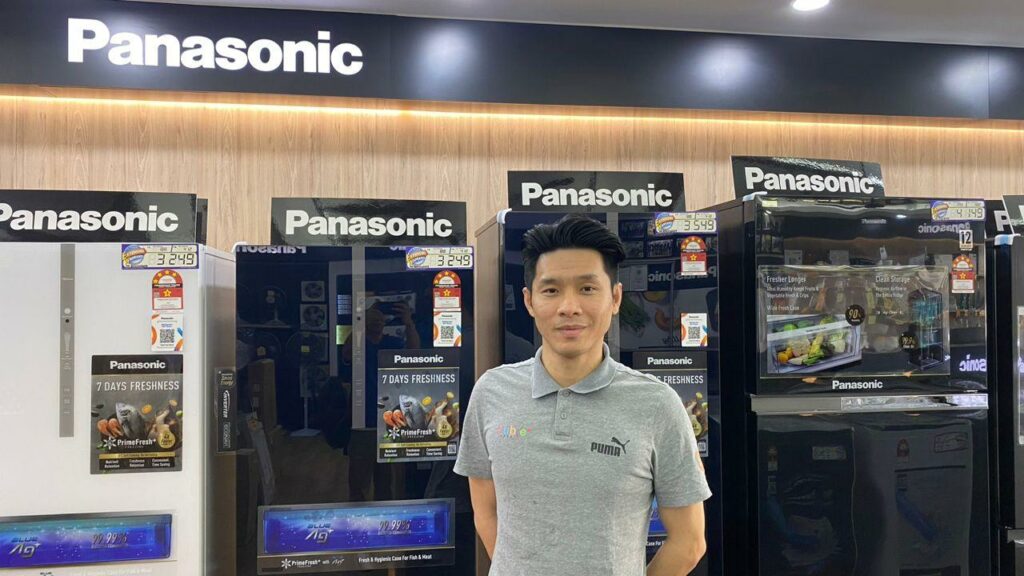
The social perception at that time was full of curiosity and gratitude towards Japanese brands and Japanese companies. The Huangs and their sons usually go to home appliance stores or larger shopping malls at that time to understand consumers’ consumption and brand preferences. After a period of understanding, they decided to represent Panasonic Home Appliances.
Empowered by the times, Dongcheng Electric has become an enterprise of the times. Neither Huang Dongcheng nor Huang Shiying thought that after that, for nearly half a century, the fate of the entire family would be intertwined with the home appliance industry.
Service empowerment strengthens business monetization capabilities from C-side to B-side!
In Malaysia after 1980, the home appliance industry continued to improve.
According to Grandpa Huang Dongcheng, the front-end of sales is effective communication with users, the middle-end is products, and the back-end is after-sales service.
From the first day when Dongcheng Electric was established, service has been the golden signature of Dongcheng Electric. This creed, which is more important than family motto, has influenced three generations of the Huang family.
Father Huang Shiying is always considerate of consumers who come to buy home appliances. Once, a customer purchased a Panasonic color TV and consulted five times and requested that the installation be completed within a specified time. In particular, Dongcheng Electric is required to help users install the antenna, otherwise it will affect the viewing of TV station programs.
When it comes to installing TV antennas, Huang Shiying is an expert. In order to help the user debug the antenna, the service lasted nearly four hours until the customer was satisfied.
Customers do not need to buy appliances when entering the store, but they cannot ignore them; customers’ pickiness about products will help improve products; do not attack peers, and do not lose the bottom line in order to make money; you must always consider satisfying customer needs as your top priority.
This was Huang Dongcheng’s advice to Huang Shiying back then. Although they do not understand Western marketing theory, this simple and sincere code of conduct has influenced more consumers.
The well-known Dongcheng Electrical Appliances began to attract B-end small and medium-sized merchants. Around 1985, some small traders around Kuala Lumpur saw that the home appliance industry was booming and Japanese brands were more popular. They took the initiative to find Dongcheng Electric and asked to wholesale Panasonic products to them. These small traders sold in residential areas.
From the C-end to the B-end, Dongcheng Electric’s business strategy is no longer single, but sells Panasonic series of home appliances in a wholesale and retail model.
At that time, a large number of B-end users were willing to cooperate with Dongcheng Electric. In addition to trustworthy services and products, Dongcheng Electric helped many B-end companies solve their urgent needs in terms of business model.
“There are many small-scale merchants on the B-side who have limited cash flow. We provide B-side users with a 30-60 day account cycle. They can order based on sales, and the sales volume meets their cash flow needs. “Huang Yijun said when recalling this period of history that he has helped many vendors and now they have become good friends.
From the establishment of Dongcheng Electric to the entire 1990s, Dongcheng Electric developed fastest and became most famous. Since then, it has been running steadily.
There are more sales, more users, and more B-side users. From quantity to quality, Dongcheng Electric has deeply felt that service empowerment is a booster for accelerating business realization.
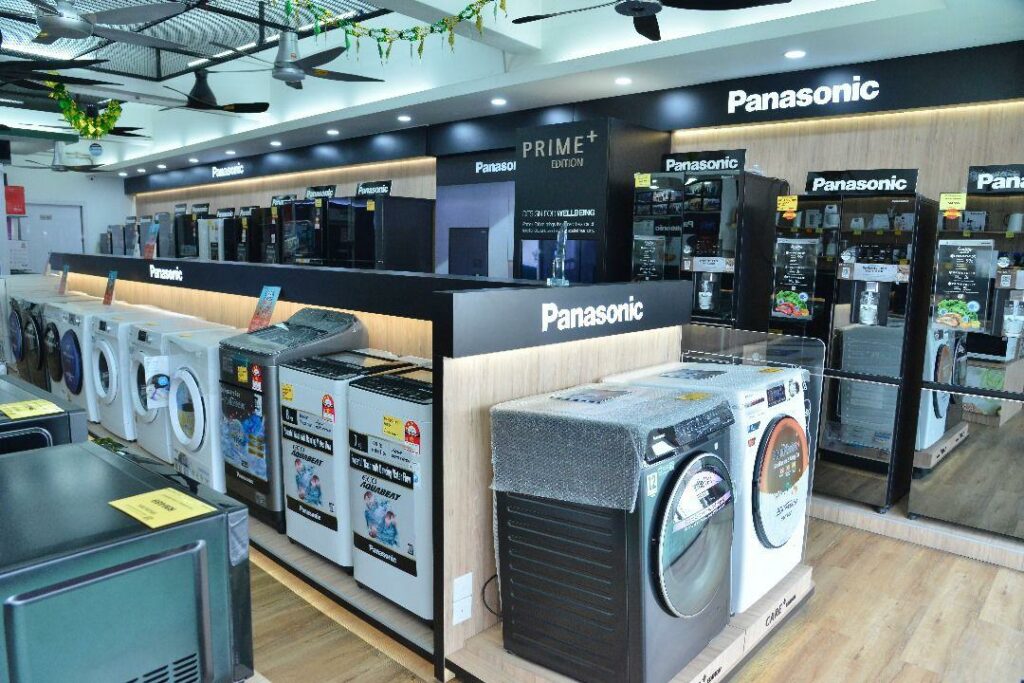
Retail empowerment, using scene ecology to solve pain points for users!
Three generations of home appliance makers in the Huang family seek common ground while reserving differences, and each has a distinct imprint of the times.
In Huang Dongcheng’s era, he seized the opportunity during the economic transformation period, stood at the forefront of the times, fluttered in the wind, completed the mission from 0 to 1, and solved the problem of whether users have home appliances at home.
In Huang Shiying’s era, he seized the first wave of consumption upgrade in the mid-to-late 1980s, exchanged services for the market, and played the dual role of wholesale and retail operations, completing the process from existing to refined, and solving the problem of what products to buy.
In Huang Yijun’s era, he used scenario ecology to solve user pain points under the consumption upgrade, and through online and offline new retail empowerment, he solved the problem of realizing smart homes with touch screens.
Three generations of home appliance people have different visions, but they reach the same goal through different paths.
In fact, from the perspective of the market environment, the pressure Huang Yijun faces today is far greater than that of his grandfather and father.
“The pressure on channel vendors is huge, but I also lament that this era has brought us more choices. Currently, Lazada has our store Pana Corner, and the overall operation is meeting expectations. High-end users are more inclined to go to physical stores to experience the scene . Through online and offline dual-wheel drive, we can avoid being impacted by e-commerce and become a ‘leg-breaker’. In the era of e-commerce, we are also standing at the forefront of the times.” Huang Yijun said.
When most people thought that e-commerce was a scourge and was regarded as a scourge, Dongcheng Electric once again stood at the forefront of the trend and adopted a method of focusing on both online and offline, that is, to avoid the squeeze of e-commerce. It avoids online e-commerce sales and kills two birds with one stone.
“Although e-commerce is fierce, physical retail will not disappear. Physical stores attract mid-to-high-end consumers and recreate the value of people, goods and places. If physical stores in the past were driven by price, today’s physical stores are driven by quality and Ecologically driven. Physical stores will not die. The beauty is not how to expand, but how to make small and beautiful products for high-end people. In the face of e-commerce, I am not pessimistic. As the retail industry changes itself, it will truly keep pace with the times. Enter.”
Over the past 40 years, his grandfather and father have been at the helm of Dongcheng Electric. As a third-generation home appliance man, Huang Yijun has only come to the forefront in recent years. He has an advantage in reading and understanding young consumers. .
Past experience is the base support of Dongcheng Electric, and in the face of the squeeze from e-commerce and changes in the consumer environment, he has shown a trump card: scene ecology is the future of physical stores.
Changing tracks is Huang Yijun’s must-have option and his optimal solution.
(Source: Frontier Technology Image source:Frontier Technology )



